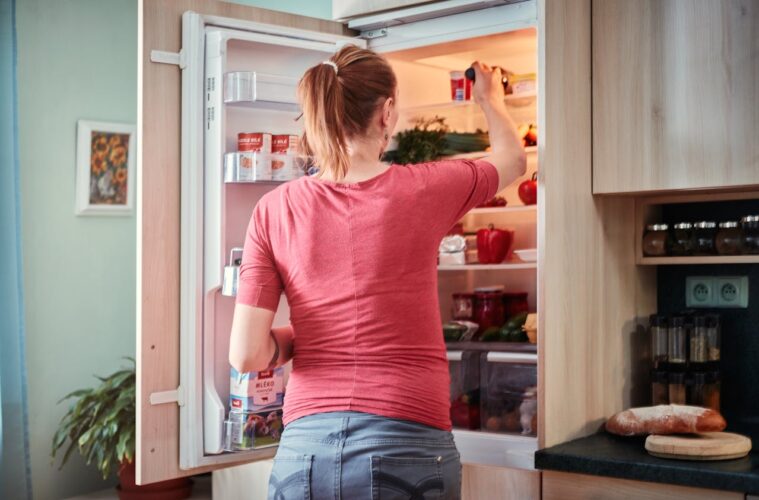In today’s world of strict food labelling, it’s easy to get confused about expiry dates. Many people waste perfectly good food simply because the best before date has passed, without understanding what it actually means. But is it always necessary to throw food away after this date? Or is it safe to eat if the best before date is expired? In this article, we’ll explore the meaning of best before dates, the risks of consuming expired food, and how to tell if food is still safe to eat.
Understanding Best Before Dates
The best before date is an indicator of food quality rather than safety. It is used by manufacturers to suggest when the product is likely to be at its best in terms of taste, texture, and nutritional value. Unlike a use by date, which is a strict deadline for food safety (commonly found on perishable items like meat, dairy, and ready-to-eat meals), the best before date is more flexible.
In the UK, best before dates are commonly found on:
- Dry goods (pasta, rice, cereals, flour)
- Canned foods
- Biscuits and crisps
- Chocolate and confectionery
- Dairy products such as cheese and yogurt
Is It Safe to Eat Food After the Best Before Date Has Expired?
Yes, in many cases, food is still safe to eat after the best before date has expired. The key is to use your senses and judgement to determine whether the food is still good. Here’s a general guide for different types of foods:
1. Dairy Products (Milk, Cheese, Yogurt)
- Milk: Pasteurised milk may last a few days past the best before date if kept refrigerated. Check for sour smell and curdling.
- Cheese: Hard cheeses (like Cheddar or Parmesan) are safe well beyond their best before date. Soft cheeses, however, should be checked for mould or an off smell.
- Yogurt: Can last a week or more past the best before date if it has been stored properly and still smells and looks normal.
2. Dry Foods (Cereal, Pasta, Rice, Flour)
- Cereal and biscuits: Often remain fresh for months after the best before date if stored in a dry, airtight container.
- Pasta and rice: Dry pasta and rice can last for years beyond the best before date if stored in a cool, dry place.
- Flour: Can last several months after expiry, but check for pests or a stale smell.
3. Canned and Jarred Goods
- Canned foods (beans, soup, tuna) are often safe years beyond the best before date, provided the can is not bulging, dented, or rusting.
- Jarred sauces and spreads should be checked for signs of mould once opened.
4. Frozen Foods
- Most frozen foods can be eaten safely past the best before date, though texture and taste may deteriorate over time.
- Freezer burn can affect quality but doesn’t necessarily make the food unsafe.
5. Bread and Baked Goods
- Bread tends to go stale rather than unsafe. If there’s no mould, it’s fine to eat.
- Stale bread can be toasted or used for breadcrumbs to reduce waste.
When Should You Avoid Eating Food Past the Best Before Date?
While many foods remain safe, some require extra caution:
- If the packaging is damaged, particularly for canned goods.
- If the food has a strong, unusual smell.
- If there is visible mould (except in hard cheeses where you can cut around it).
- If the texture has changed significantly.
How to Reduce Food Waste While Staying Safe
To make the most of your food while staying safe:
- Store food properly: Keep perishable items refrigerated and dry foods in airtight containers.
- Follow a first-in, first-out system: Use older food first to prevent waste.
- Trust your senses: Look, smell, and taste (if safe to do so) before discarding food.
- Freeze food before it spoils: Many fresh items can be frozen to extend their life.
Conclusion
So, is it safe to eat if the best before date is expired? In most cases, yes! The best before date is a guideline for optimal quality, not a strict deadline for food safety. By using common sense and checking for signs of spoilage, you can safely consume many foods past their best before date, helping to reduce unnecessary food waste. Next time you see an expired best before date, don’t be too quick to throw food away—inspect it first and make an informed decision!
Disclaimer: The information in this article is for general guidance only and does not constitute professional health or food safety advice. While many foods remain safe to eat after their best before date, individuals should assess food quality based on storage conditions and personal judgment. If in doubt, consult official food safety guidelines or discard the product to avoid potential health risks.

